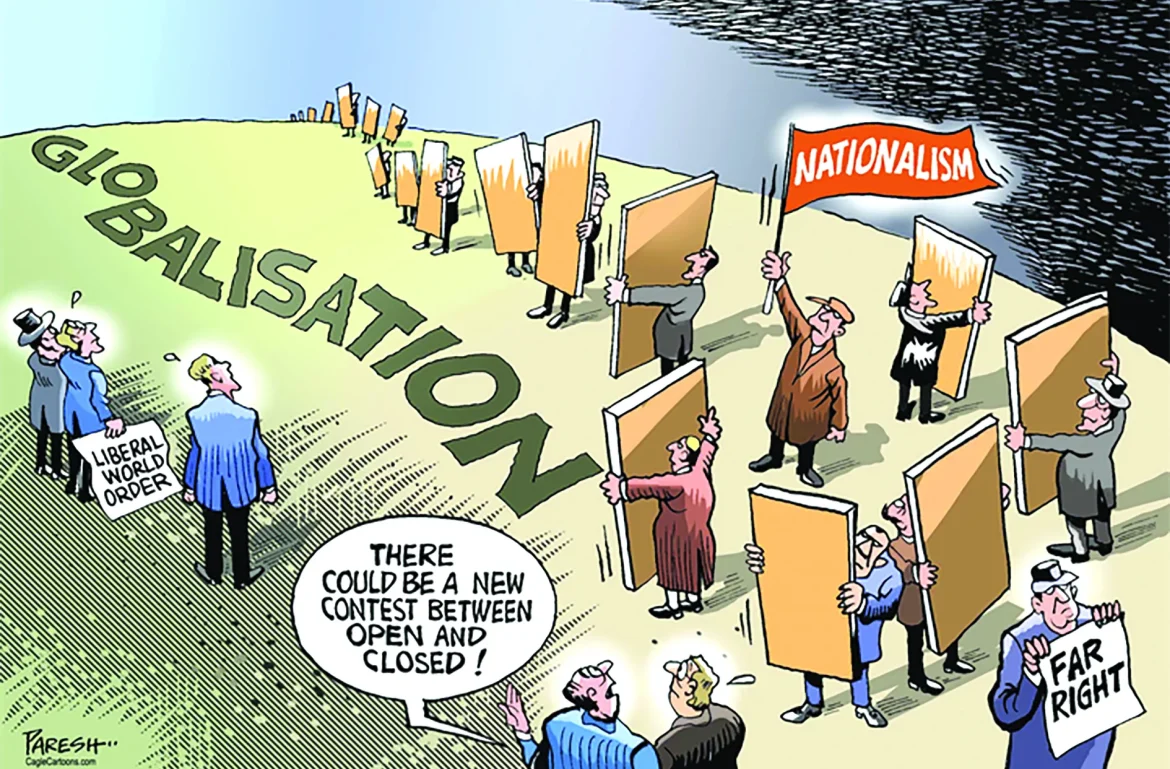In the twenty-first century, the concept of cultural identity has become both more complex and more fluid. Globalization—the increased interconnectedness of people, goods, and ideas—has blurred geographical and cultural boundaries. While this process fosters diversity and collaboration, it also raises pressing questions about how individuals and communities maintain a sense of identity.
Advertisement
Cultural identity refers to the shared values, traditions, language, and heritage that define a group of people. It shapes how individuals view themselves and their place in the world. Historically, such identities were strongly tied to a specific territory, ethnicity, or shared history. But in a world where migration is common, media is global, and the internet transcends borders, cultural identity often becomes a blend of multiple influences.

